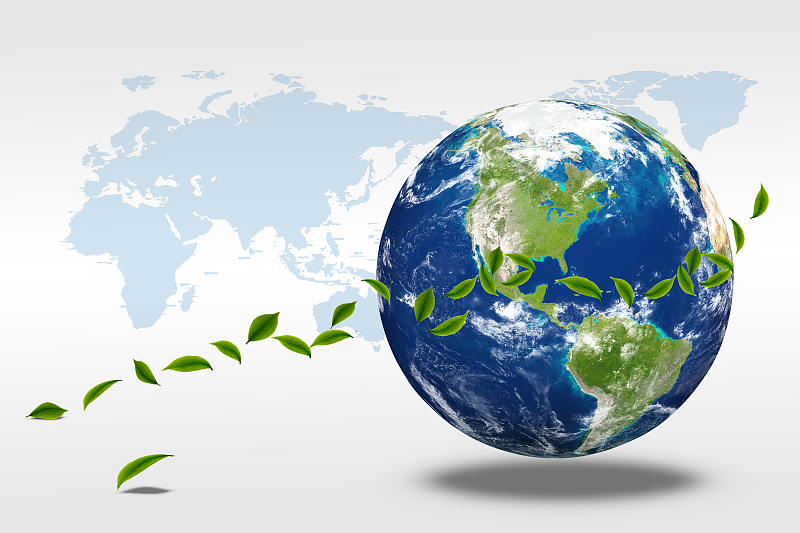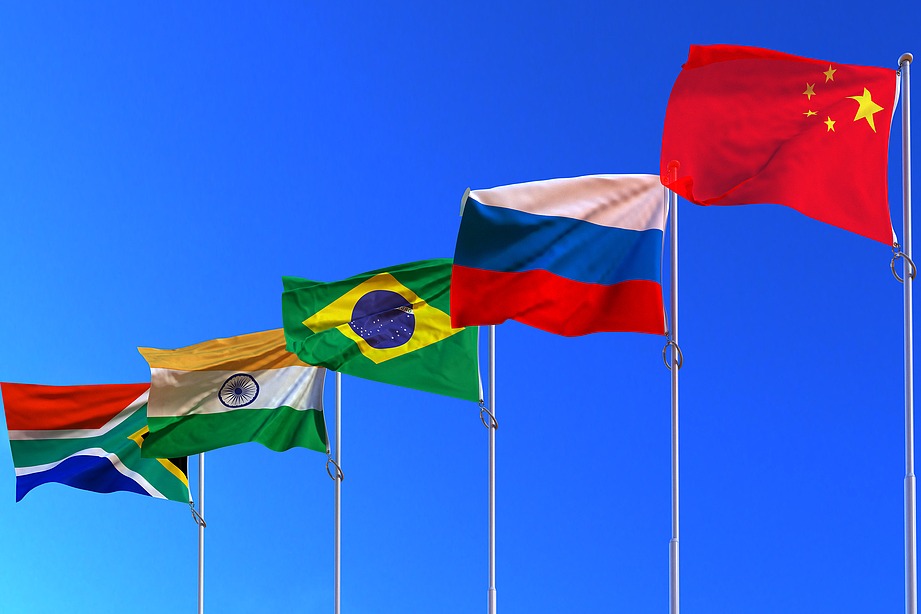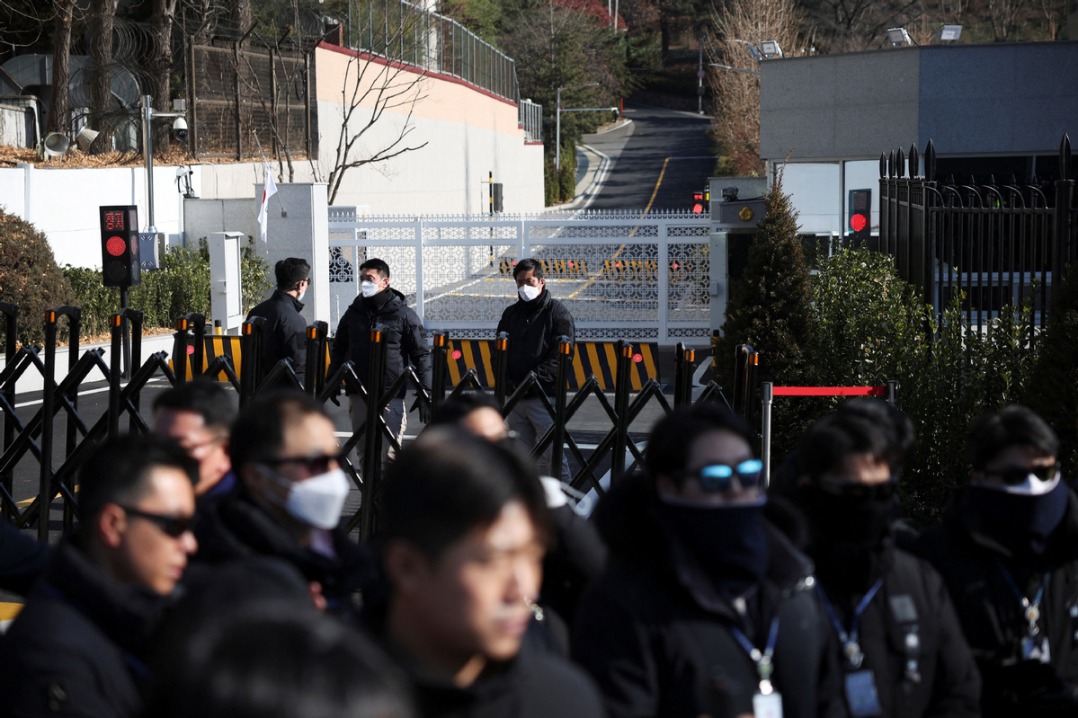Joint efforts required in tackling climate change, China's UN envoy says


China's top envoy to the UN said the outbreak of COVID-19 reminds the world again that no country or individual is immune to global challenges, and solidarity and cooperation were needed most.
And climate change, which endangers the future of humankind, requires joint efforts of all, Zhang Jun, permanent representative of China to the UN, said on Friday at a high-level Security Council virtual meeting on Climate and Security.
The ambassador called for all countries to firmly support multilateralism instead of putting oneself first, implement the obligations under the United Nations Framework Convention on Climate Change (UNFCCC) and the Paris Agreement, especially the principle of "common but differentiated responsibilities" and respective capabilities, and build a fair, equitable and win-win global climate governance system.
"Climate change is, in essence, a development issue, rather than a security issue. There is no direct linkage between the two," Zhang said.
"Solution of climate change rests on sustainable development. The international community should respect the differences of countries, especially developing countries, and help them cope with the difficulties," Zhang added.
Zhang said the secretariat of the UNFCCC, UN development system and resident coordinators should, in accordance with their mandates, mobilize efforts of all sides to provide targeted support for climate change response and economic and social development.
The Security Council, as the body handling international peace and security issues, should act in line with the mandates of relevant resolutions, analyze security challenges and security implications of climate change for countries concerned, and discuss and handle relevant issues on a country-specific basis, Zhang said.
Zhang emphasized that China has been actively tackling climate change and implementing the Paris Agreement while fighting COVID-19 and promoting economic recovery.
"We pursue green development, put people first, and make every effort to address environmental issues to meet our people's aspiration for a better life," he said.
According to Zhang, China earnestly implements the basic state policy of resource conservation and environmental protection, and promote ecological progress to build a beautiful China. China's CO2 emission in 2018 was 45.8 percent lower than 2005, meeting the emission reduction target two years ahead of schedule.
In 2018, the share of non-fossil fuels in China's total energy consumption reached 14.3 percent.
A quarter of the world's newly afforested area since 2000 is in China.
"The Chinese people now enjoy more blue skies thanks to the improvement of air quality," he said.
China is vigorously promoting international climate cooperation, advancing the development of a green Silk Road, helping relevant countries develop renewable energy projects such as hydro power, wind power and photovoltaic to achieve energy transition and green development, which is "setting an example for the international community," Zhang said.

































